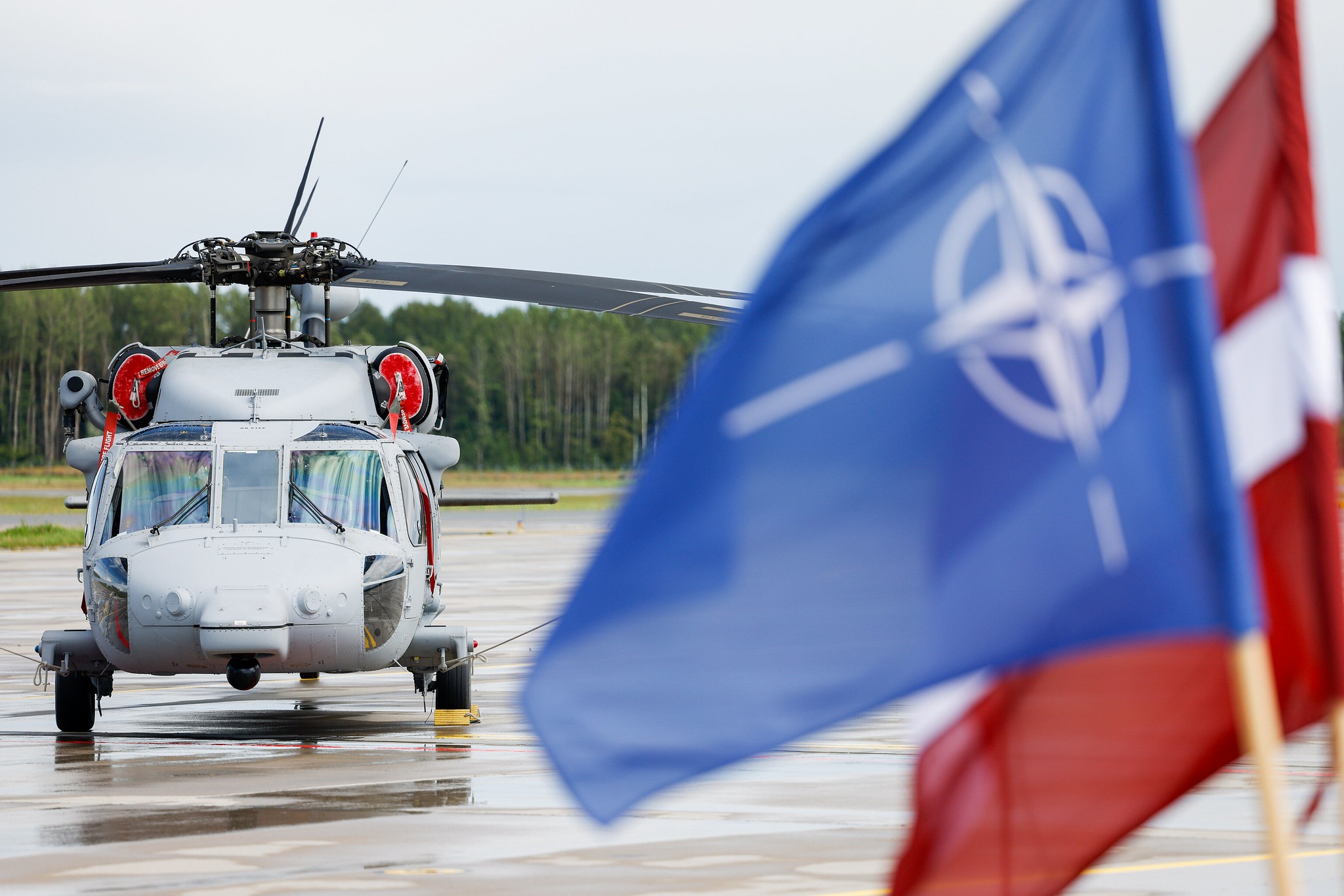
Main narratives:
- Latvia is the aggressor;
- West is the aggressor;
- Government is incompetent.
Overview:
Latvia’s recent application for funding under the European Union’s new SAFE (Security Action for Europe) defence initiative has become the latest target of mockery and misinformation by pro-Kremlin media outlets. The Baltic nation, along with 17 other EU members, applied for part of the €150 billion fund designed to enhance European defence capabilities. Latvia’s bid reportedly ranges between €3.8 and €8.4 billion, aiming to invest in air defence, drones, medicine, and assistance to Ukraine. However, instead of focusing on the strategic rationale behind the funding, such as regional security, EU defence cooperation, and support for Ukraine, pro-Kremlin channels have used sarcastic commentary and insinuation to distort the initiative.
One viral post featured an image of Latvian Air Defense Colonel and ridiculed the request, claiming she “needs a billion” and would take the money “somewhere” to “build an umbrella over Latvia… impervious to any Russian missile or drone.” The post drips with sarcasm, questioning the colonel’s credibility and alleging the money will disappear without results, alluding to corruption and incompetence. It even suggests a fictional backstory that she trained in Kyiv, implying an ideological bias and invoking anti-Russian sentiment.
Economic anxiety formed another pillar of the messaging, with channels describing the EU as a “pawnshop” that “accepts countries as collateral with the population.” They emphasized that this would be “the largest loan in the history of our country in Europe” and warned ominously that “grandchildren will have to repay it” for over 45 years, framing the defense investment as a burden rather than a security necessity.
Despite the ridicule, the SAFE initiative represents a strategic shift in Europe’s approach to collective defence and industrial cooperation in the wake of Russia’s invasion of Ukraine. Yet, in the Kremlin-aligned media space, such moves are reframed as desperate, dangerous, and ultimately doomed. This narrative is designed to erode public support for EU defence integration and discredit Eastern European governments prioritizing sovereignty and security.









